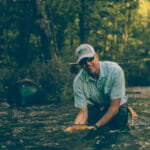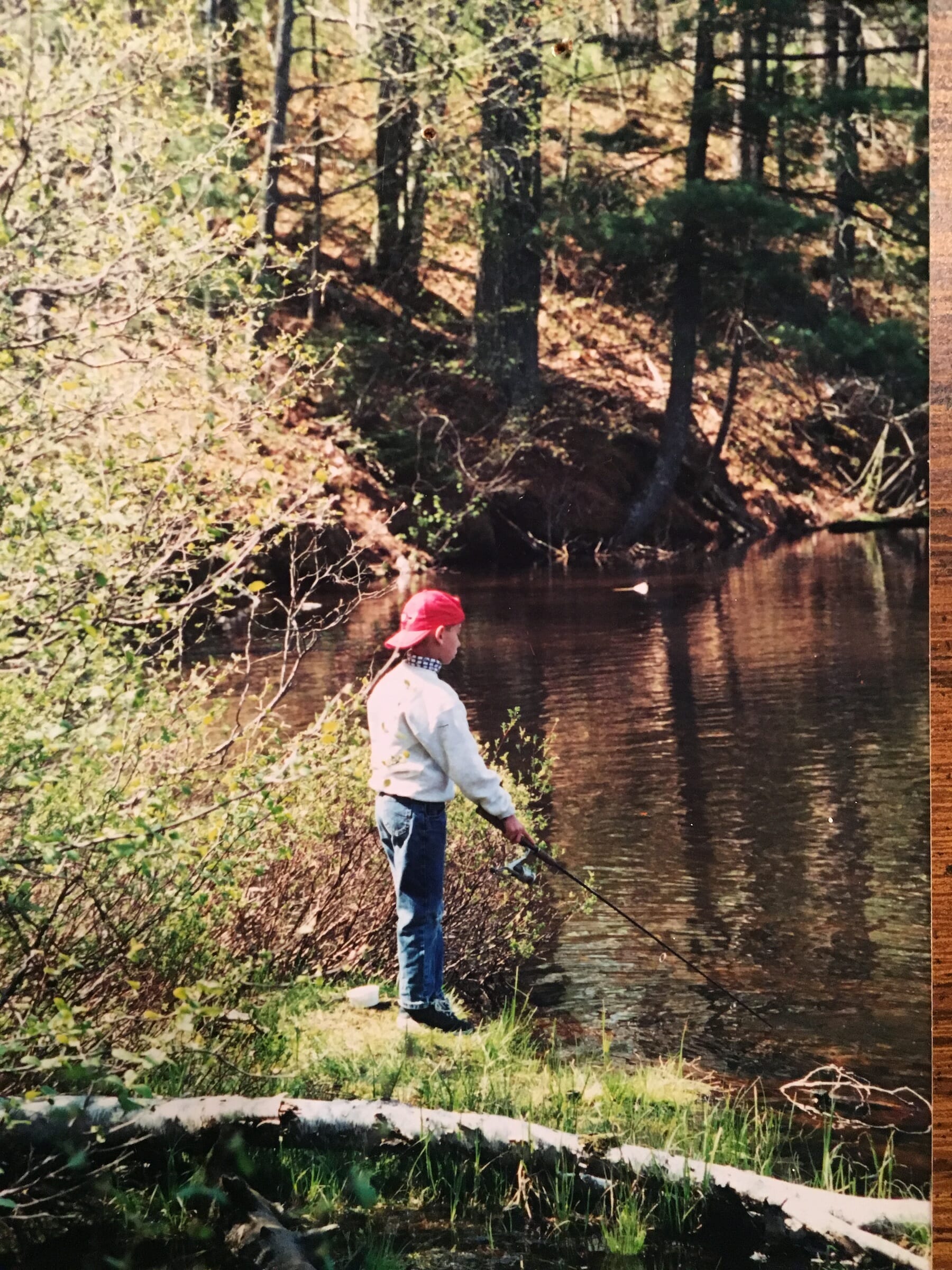As a kid, Taylor Ridderbusch didn’t realize how fortunate he was to live near 660,000 acres of public land in Nothern Wisconsin.
By Taylor Ridderbusch
Growing up in Northern Wisconsin, I took the Nicolet National Forest
for granted. I didn’t realize that it was unusual to have more than 660,000 acres of public land right out my back door. And I have a feeling this is a common sentiment for those in Wisconsin, and anyone else across the nation, who are fortunate enough to live so close to such a resource.
I have spent endless hours in the Nicolet fishing for muskies, walleye, trout and bass. I can’t count the number of times that I’ve made the trip out to public land during deer season to my favorite spot along a secluded swamp. I’ve had the opportunity to hunt black bears, grouse and turkeys on an expanse of land that otherwise would not exist if it were not for having this land made available for public use and enjoyment.
But, that access could be in jeopardy.
Legislatures across the country have been working to transfer federal land to state control. As a sportsman, I find that concerning.
Just last year, Wisconsin saw the sale of 10,000 acres of state land. Transferring the management of federal land to states, which are already struggling to manage the acres they have due to shrinking budgets, will only lead to more privatization of what was once public. As those acres disappear, so do our opportunities to hunt and fish. That’s why we are urging TU members and other concerned citizens to reach out to elected leaders, such as Congressman Sean Duffy and Speaker Paul Ryan, to urge them to oppose any efforts to transfer federal lands to states.
The sale of public land also jeopardizes an integral part of this state’s second largest industry in Wisconsin: Tourism.
The U.S. Fish and Wildlife Service reports that more than 3.5 million people hunt, fish or watch wildlife in Wisconsin each year. Outdoor recreation creates $11.9 billion in consumer spending and sustains 142,300 direct jobs that provide $3.6 billion in wages and salaries to Wisconsinites.
If Wisconsin were to lose even a small percentage of places like the Chequamegon-Nicolet National Forest or the Apostle Islands National Lakeshore, Wisconsin’s economy would suffer.
Hunting and fishing have been part of the American tradition since the founding of our country. These activities have brought families, friends and generations together for decades. Access to wildlife and the out-of-doors are paramount.
Public land enables a particular way of life, especially in the parts of the country where hunting and fishing are such a big part of our daily lives. It is a space that we all already collectively own and it is our job to protect it for future generations.
I urge you to be vigilant and to take action by signing our petition to make sure that Congress does not resort to selling public land, a short-sighted decision that would affect generations of sportsmen to come.
Taylor Ridderbusch is the Great Lakes organizer for Trout Unlimited, based in East Lansing, Mich. He is an avid outdoorsman who enjoys fishing, camping and hunting whenever possible.



